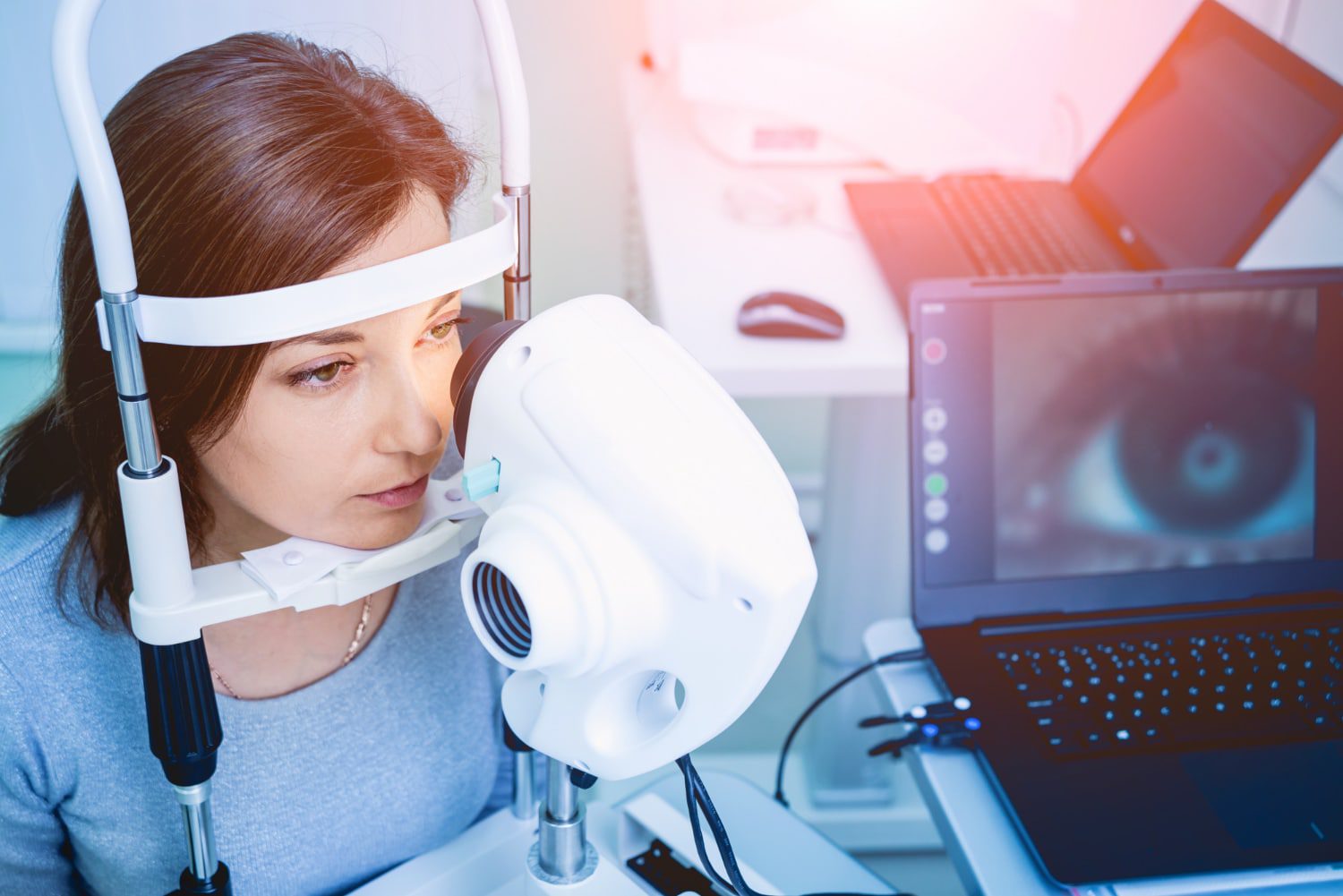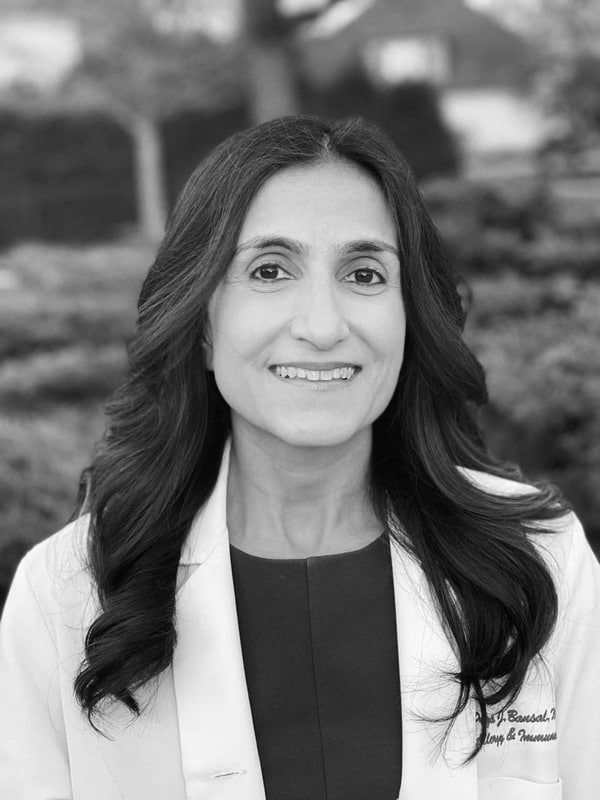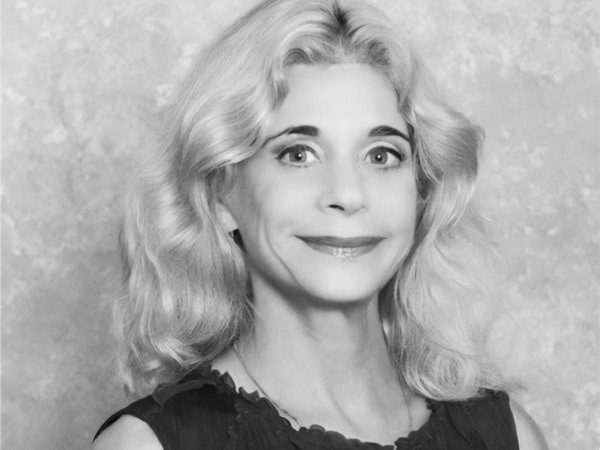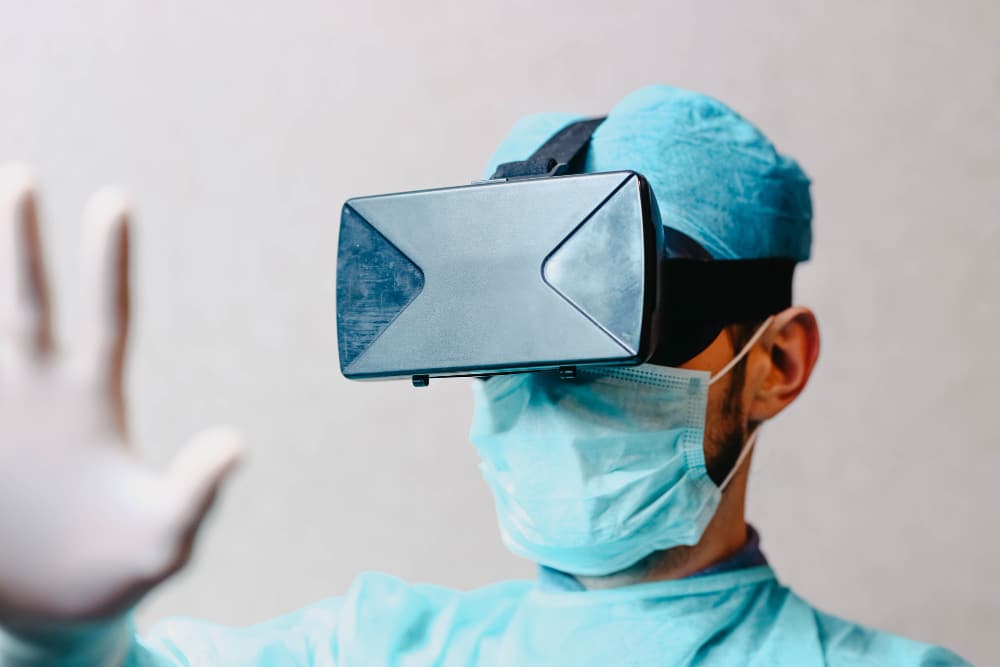
We are living in an era of incredible technological advances with one of the most impactful spheres is the medical world . Medical technology is advancing day by day, and Dr. Albert Wu is on the frontlines of innovation and research in his field. Dr. Wu works as an ophthalmologist, which has given him the opportunity to perform surgeries on diseased eyes and pursue his passion for curing blindness. Dr. Wu labels himself as a “clinician-scientist” because, along with surgery, he also works in the laboratory and conducts research into various ways to cure blindness.
Top Doctor Magazine had the honor of listening to Dr. Wu and learning about the exciting discoveries that he and his research team at Stanford University have made regarding healing eyes as well as how COVID-19 has affected this process.
Advances in Research and Surgery
Dr. Wu always knew he wanted to be a doctor and while he was in medical school, he decided that he wanted to become an ophthalmologist.
“That’s really been the passion of my career. For 15 years, I’ve wanted to cure blindness,” he shared with Top Doctor Magazine.
Part of this quest to cure blindness is located at Stanford University, inside the largest single building dedicated to stem cell research in the world. Dr. Wu and his fellow researchers devote their time in the laboratory to conduct studies growing eyes from a patient’s own tissue. Through a complex process, these clinician-scientists grow cells from a patient’s sample and turn these stem cells into eye tissue.
Regeneration, Transplantation and Rejuvenation
“What this means is we can create mini-eyes in a dish, so that when this tissue is transplanted back into a patient, there will be no rejection,” Dr. Wu said.
Dr. Wu shared that they have already accomplished this feat in an animal model. This kind of advancement has incredible implications for injuries and diseases that cause blindness.
“There’s much, much more than just transplantation: we have pioneered methods to regenerate parts of the eye,” he said excitedly.
Not only has Dr. Wu and his team made innovations regarding transplantation and regeneration of diseased eyes, but they have also discovered potential ways to rejuvenate the eye.
“We’ve learned about specific genes that control the aging of the eye. We can take certain parts of the eye that are old and make them useful and young again,” he said.
Although this is still being experimented on in the laboratory, scientists have shown substantial rejuvenation in human cell experiments.
“Our regeneration and rejuvenation technologies will someday, hopefully soon, improve patients’ vision and allow them to avoid cataract, glaucoma or retinal surgery,” Dr. Wu shared.
These kinds of technologies will be life-changing for so many people. Dr. Wu and his team are working hard to fully work out these advancements and continue on the path to cure blindness.

Passion for Humanitarian Aid
Dr. Wu’s experience in facilitating eye surgery and research have made him uniquely able to help others through humanitarian aid. He sees his expertise and training as an opportunity to care for those without reliable access to healthcare. Dr. Wu and a team of specialists from the United States, Europe, Israel and Canada dedicate two weeks of their time each year to travel to Mongolia and serve its citizens.
The group can make an incredible impact on hundreds of people living in an area with little to no access to healthcare. It operates on local residents suffering from various eye diseases. Dr. Wu said that he and his team see many patients with tumors of the face and eye. During their last visit, they operated on over 250 patients. Not only are these doctors’ services offered for free, but they also bring along their own medicines and equipment.
Another beneficial aspect of this humanitarian aid expedition is that the team can teach specialized ophthalmological techniques to the local medical professionals so that their two-week trip can have a lasting impact.
Effects of COVID-19 on Dr. Wu’s Practice and Research
COVID-19 has made numerous changes to everyday life and routines. Dr. Wu has had to deal with many unexpected trials that accompanied the worldwide pandemic. His annual humanitarian aid trips have been canceled because of international travel restrictions.
Another unexpected impact of COVID-19 is its effects on Dr. Wu’s research at Stanford University. Due to social distancing, the capacity of research laboratories have drastically decreased diminishing productivity. In the clinic and operating room, the number of patients his practice has been able to treat during COVID-19 also fell dramatically due to increased precautions.
Advice for Healthy Eyes
Like any part of our bodies, we want to ensure we’re doing all we can to maintain healthy eyes. Therefore, we asked Dr. Wu if he had any input on what you can or should be doing to protect them and promote wellness. Luckily for us, he said:
“The eye is a fairly healthy organ that can keep quite good care of itself,” he said.
Although our eyes tend to take good care of themselves, there are some practical actions you can implement to help your eyes. First, Dr. Wu recommends wearing protective eye equipment during any activity that might put your eyes at risk of injury. For example, wearing eye protection is wise when you playing racquetball, working with machinery or doing work that puts you at risk of getting wood chips or dust in your eyes. Another vital recommendation from Dr. Wu is to wear UV-blocking sunglasses.
Lastly, Dr. Wu recommends you make it a priority to visit your optometrist or ophthalmologist regularly. Such visits can help you keep track of eye disease or degeneration and potentially catch problems early on. Although Dr. Wu and his team of researchers are making incredible advances in curing blindness and other eye ailments, preventative healthcare for your eyes is always the best practice.
A Parting Reminder
Top Doctor Magazine would like to thank Dr. Wu for his willingness to share a part of his life and expertise with all of us. We hope that his passion for research into curing blindness and his commitment to humanitarian aid will continue to inspire our readers. If you’re interested in finding out more about Dr. Wu, please visit his Stanford University profile!





0 Comments